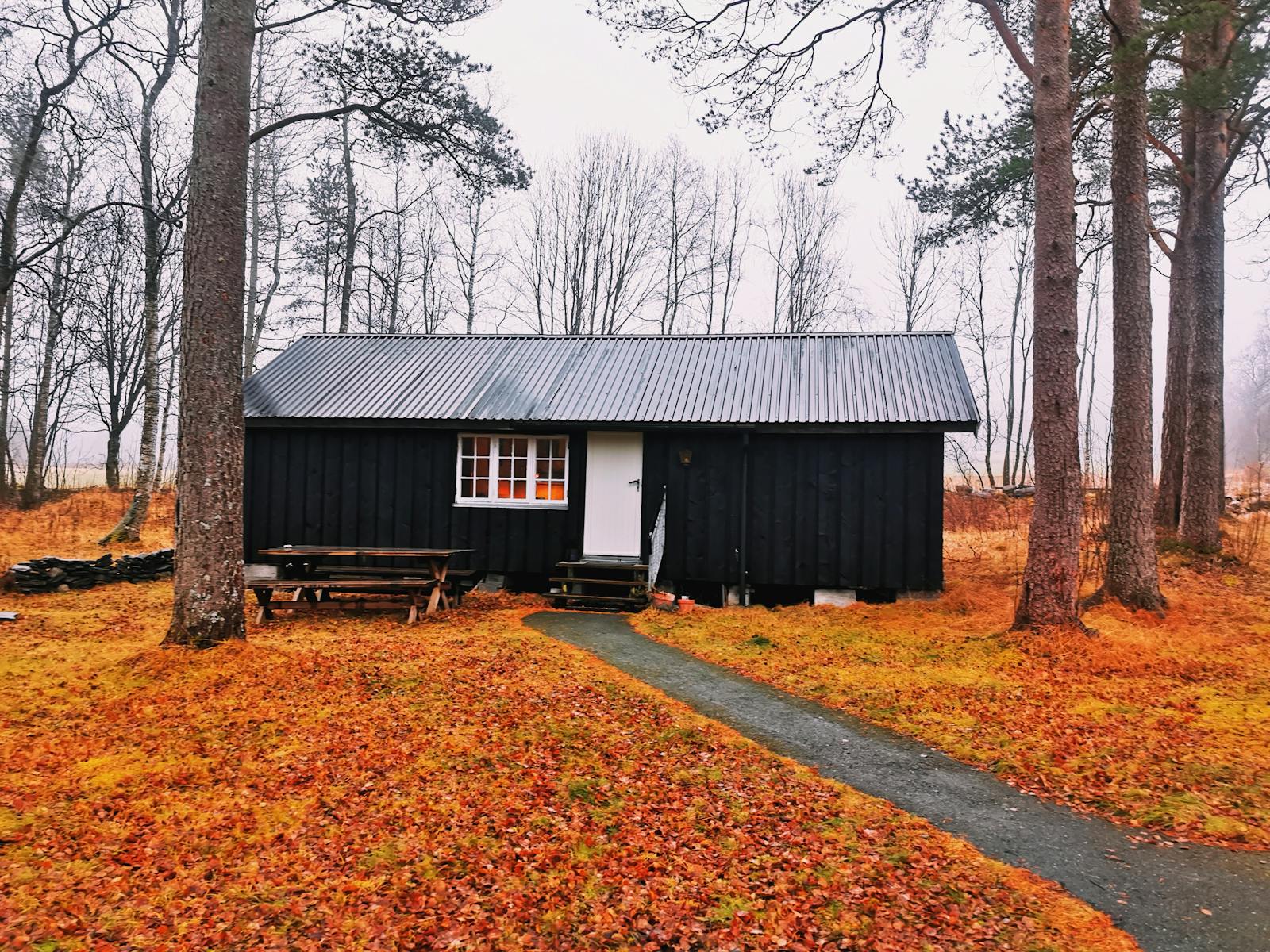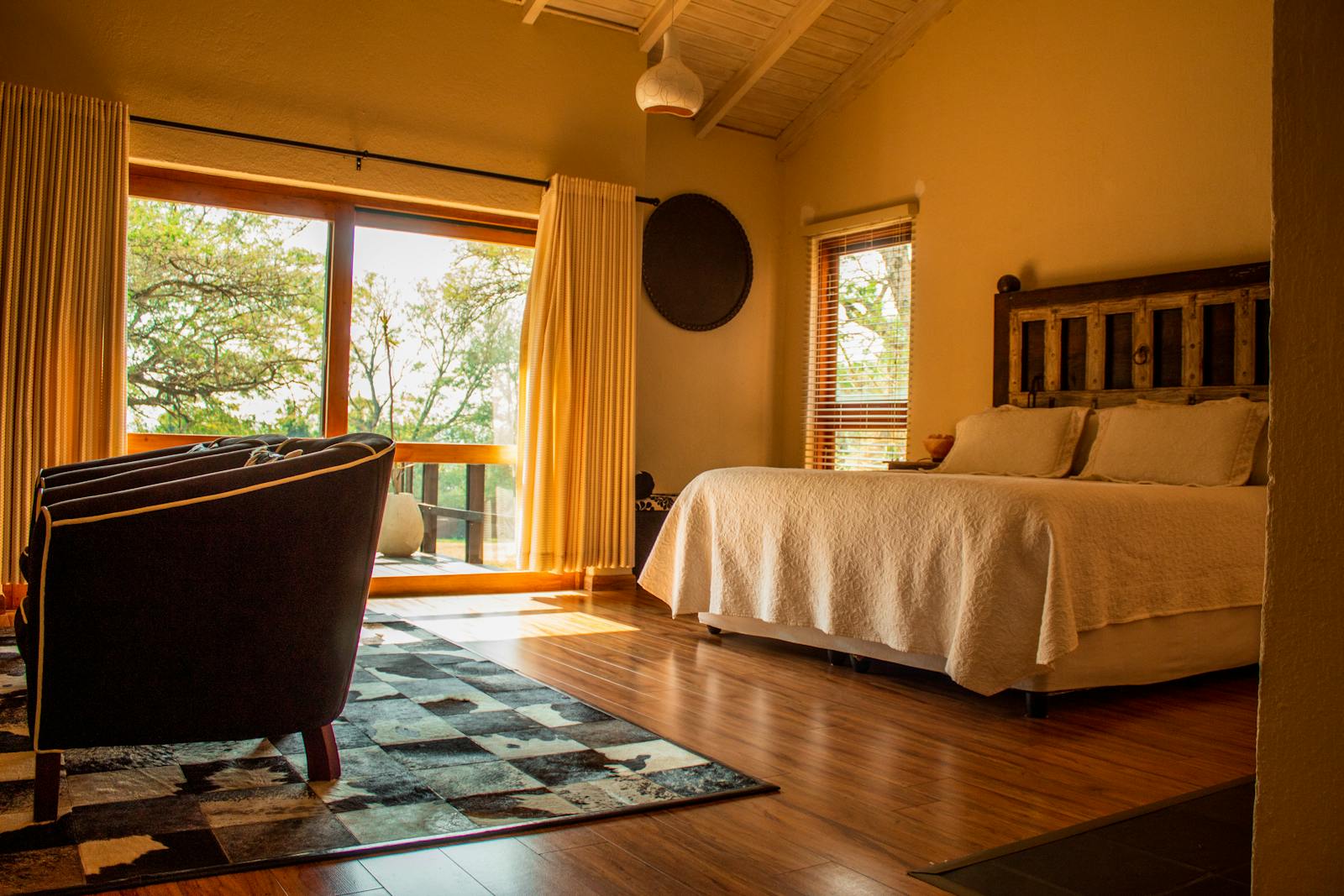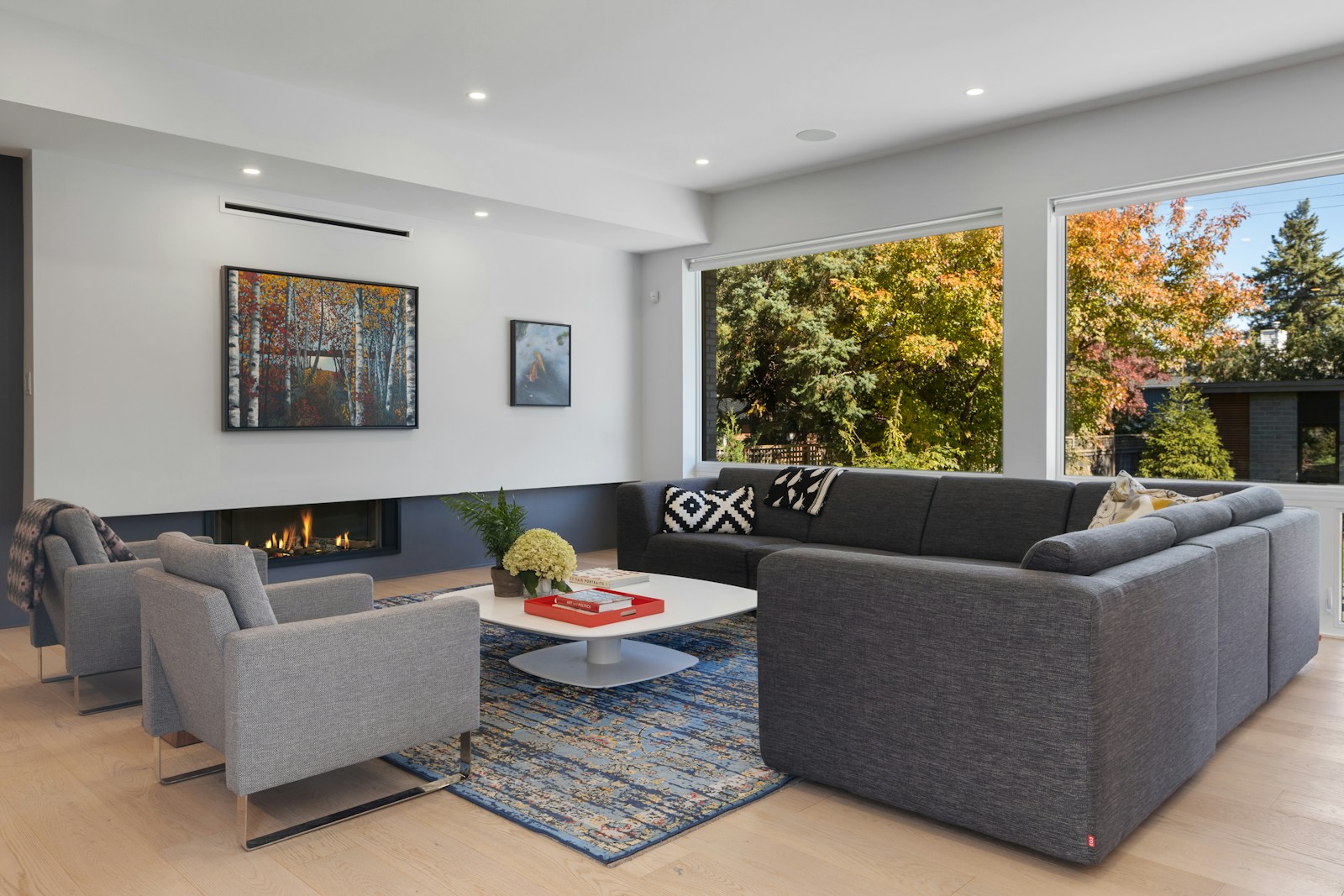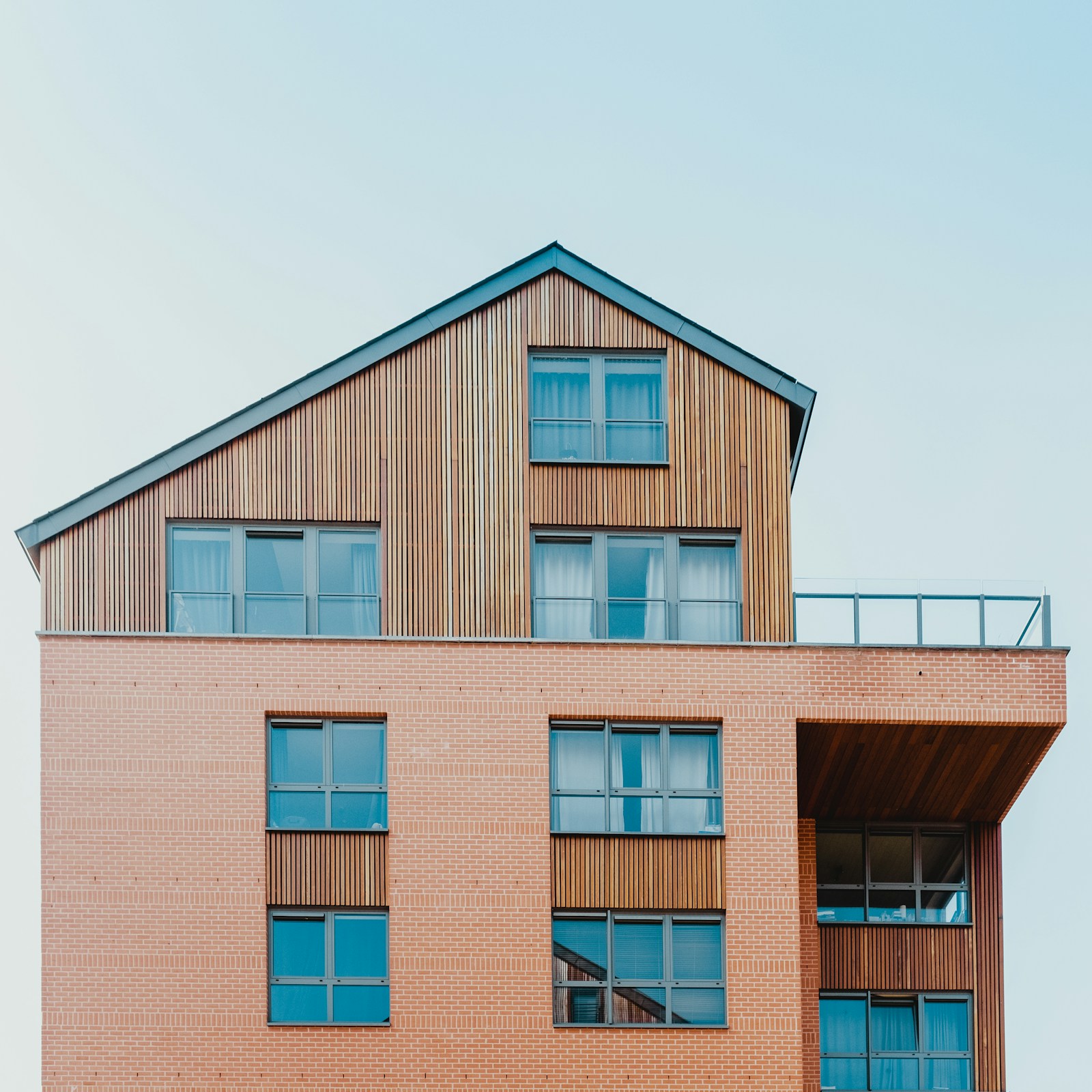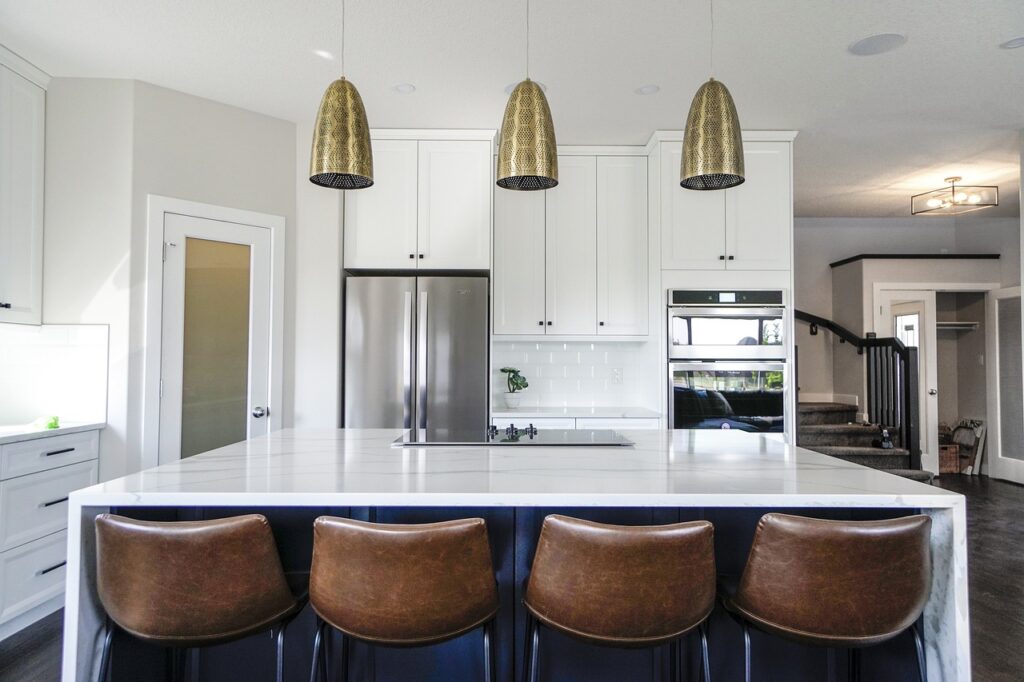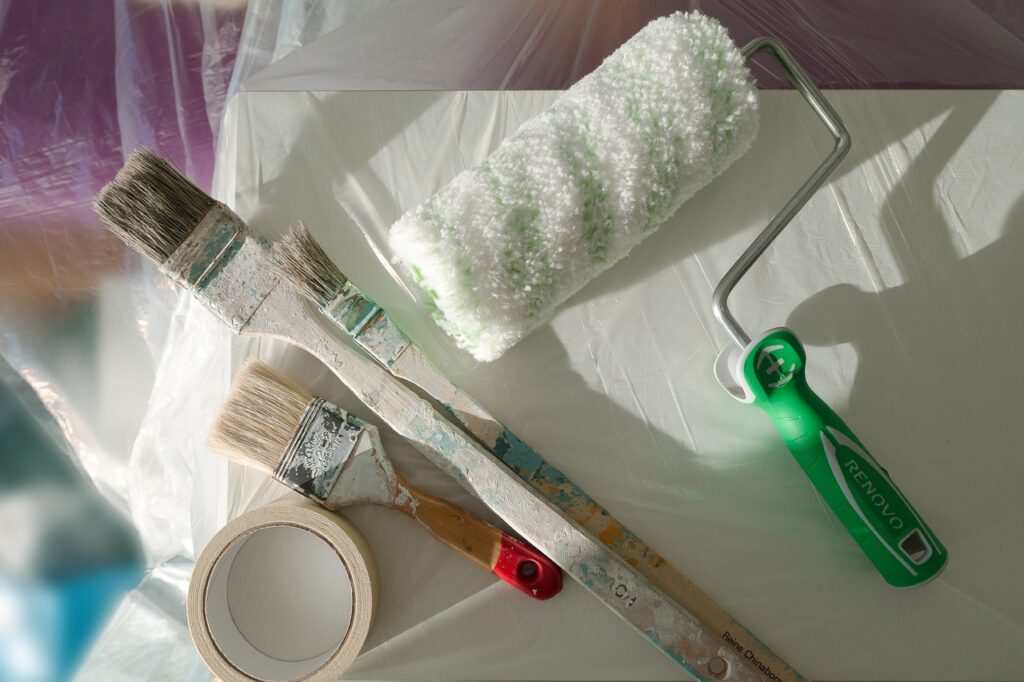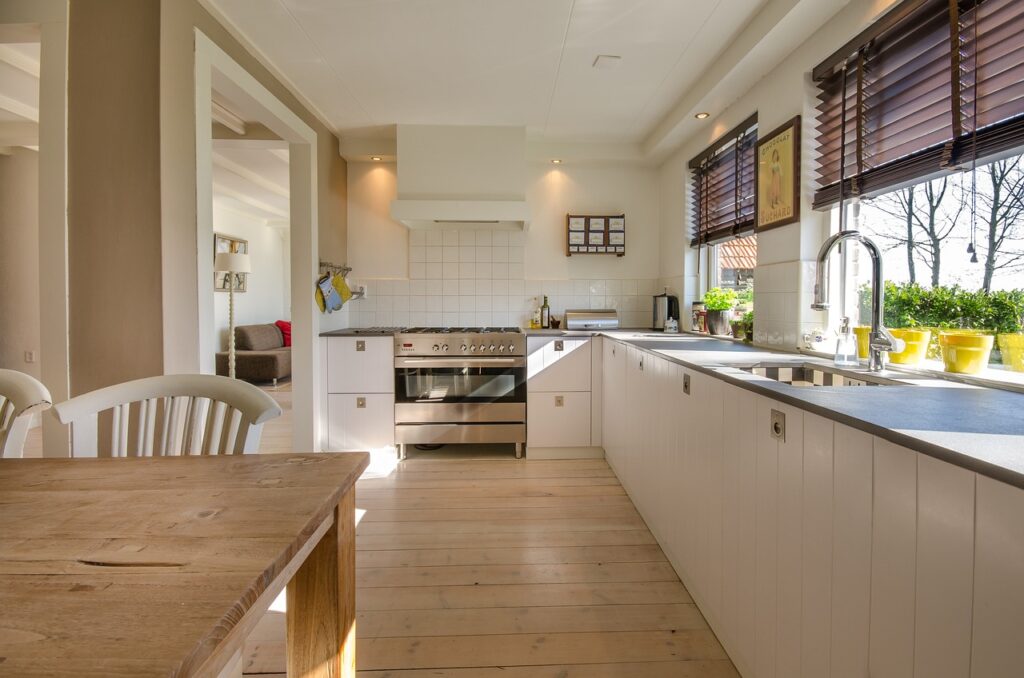As the vibrant colours of fall begin to take over, it's the perfect time to get your home ready for the cooler months ahead. Here are five essential steps to ensure your home is cozy, safe, and energy-efficient this fall:
Inspect and Clean Gutters: Falling leaves can quickly clog your gutters, leading to water damage and potential roof issues. Clean out any debris and ensure your gutters are securely fastened to prevent problems during autumn rains.
Seal Windows and Doors: Drafty windows and doors can cause your heating bills to skyrocket. Check for gaps or cracks around frames and use weather stripping or caulk to seal them up, keeping your home warm and energy-efficient.
Service Your Heating System: Before the cold sets in, have your furnace or heating system inspected by a professional. Replace filters and make any necessary repairs to ensure your system is running efficiently all season long.
Check Smoke and Carbon Monoxide Detectors: As you start using your fireplace or heating system more frequently, it's crucial to ensure your smoke and carbon monoxide detectors are in working order. Replace batteries and test each unit to keep your family safe.
Prepare Your Yard: Rake leaves, trim back overgrown shrubs, and store outdoor furniture to protect them from the elements. Additionally, consider aerating your lawn and fertilizing it to help it recover from the summer heat and prepare for winter.
By following these simple steps, you can ensure your home is well-prepared for fall, keeping it safe, warm, and comfortable throughout the season.
